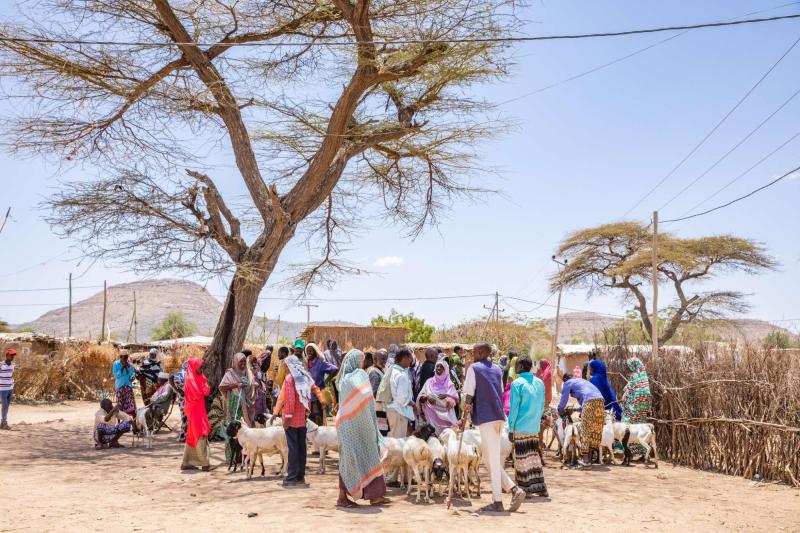Read SPARC resources as we create, distil, evaluate and share evidence and best practice on research and policy that aims to support pastoralists and farmers in dryland areas.
Themes
SPARC is a research-into-action programme that aims to help people living in the drylands to better cope with crises and increase their resilience to recurring shocks and protracted crisis and conflict.
While the research agenda of SPARC is always evolving, the programme’s research focuses on a number of interlinked themes:
SPARC's themes
Reframing aid and resilience
How can aid best support and improve pastoralists’, agro-pastoralists’ and farmers’ resilience in a sustainable way? Although ‘building resilience’ now attracts huge investment, little is known about the impacts of most externally funded resilience-building efforts on food security and poverty.
SPARC research has shed some light on the barriers to anticipatory action and resilience-building efforts in regions like the Horn of Africa, where crises are complex, protracted and set across wide geographies.
Find out more about our research on aid and resilience here, and watch these two videos with SPARC Research fellow Simon Levine discussing ‘How can aid be made more effective?’ and SPARC researcher Muzzamil Adbi Sheikh as he explores ‘How aid can be more effective in protracted crises’.
{"preview_thumbnail":"/sites/default/files/styles/video_embed_wysiwyg_preview/public/video_thumbnails/5Ej9wrQ7t9M.jpg?itok=pgyLxWWE","video_url":"https://www.youtube.com/watch?v=5Ej9wrQ7t9M","settings":{"responsive":true,"width":"854","height":"480","autoplay":true},"settings_summary":["Embedded Video (Responsive, autoplaying)."]}
{"preview_thumbnail":"/sites/default/files/styles/video_embed_wysiwyg_preview/public/video_thumbnails/BdYK9y5oHdY.jpg?itok=u8T_lpa8","video_url":"https://www.youtube.com/watch?v=BdYK9y5oHdY","settings":{"responsive":true,"width":"854","height":"480","autoplay":true},"settings_summary":["Embedded Video (Responsive, autoplaying)."]}
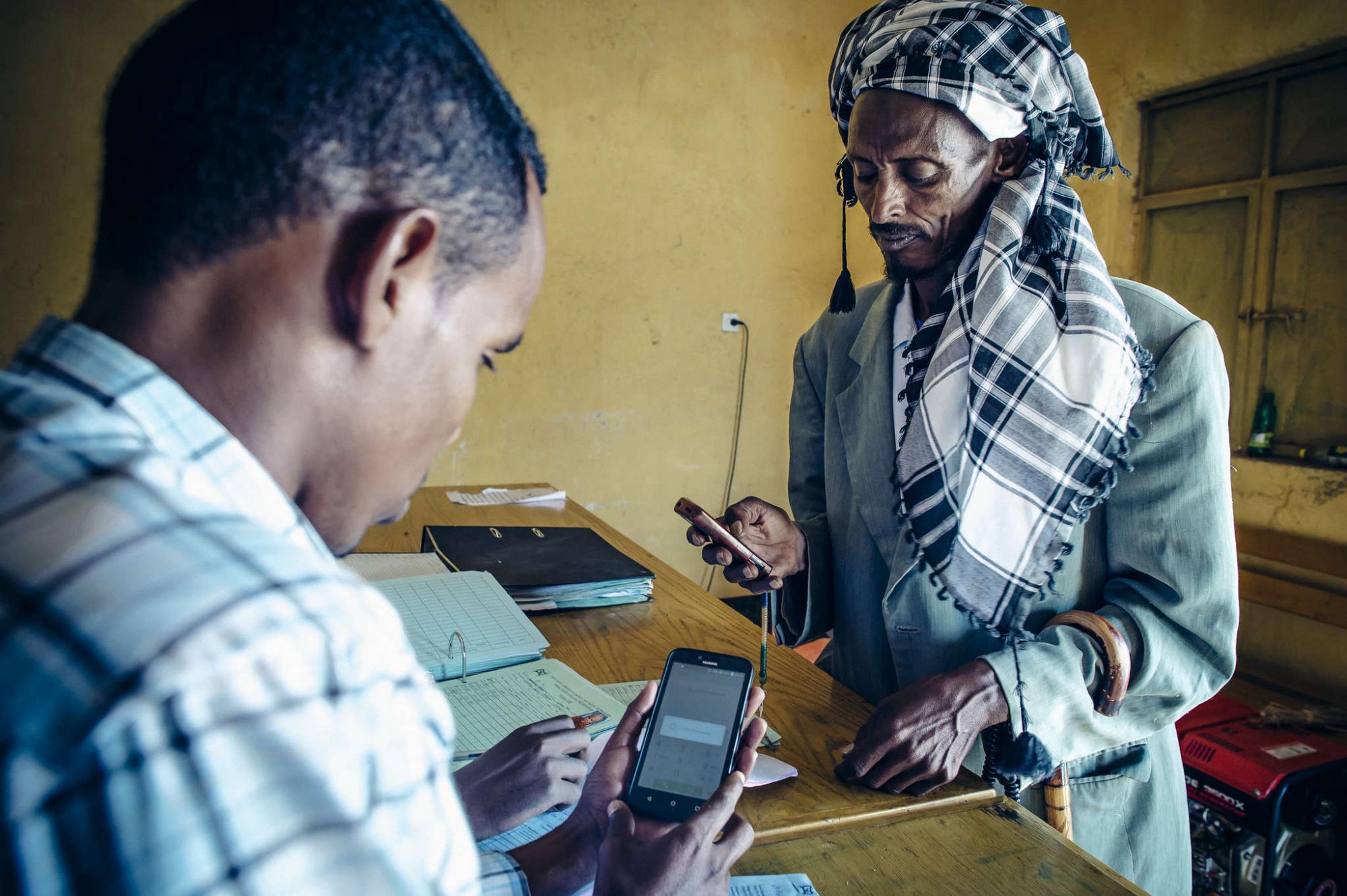
Supporting livelihoods and markets
Livestock marketing and trade are critical elements of pastoral livelihood systems and are becoming an increasing focus of investment and aid interventions. But while selling livestock from the drylands can be lucrative, marketing can also be hit by shocks, such as livestock disease, drought and Covid-19-related restrictions.
SPARC researches the structure, functioning and performance of livestock supply chains to understand: how can we better understand pastoral markets and support them to become more effective, economical, equitable and resilient?
Find out more about our research on livelihoods and markets here and don’t miss this video where Carmen Jaquez, who leads SPARC research on markets and livelihoods, talks about ‘How climate change is impacting pastoralists’.
{"preview_thumbnail":"/sites/default/files/styles/video_embed_wysiwyg_preview/public/video_thumbnails/N8Gn22GDgQk.jpg?itok=XN6qkxRu","video_url":"https://www.youtube.com/watch?v=N8Gn22GDgQk","settings":{"responsive":true,"width":"854","height":"480","autoplay":true},"settings_summary":["Embedded Video (Responsive, autoplaying)."]}
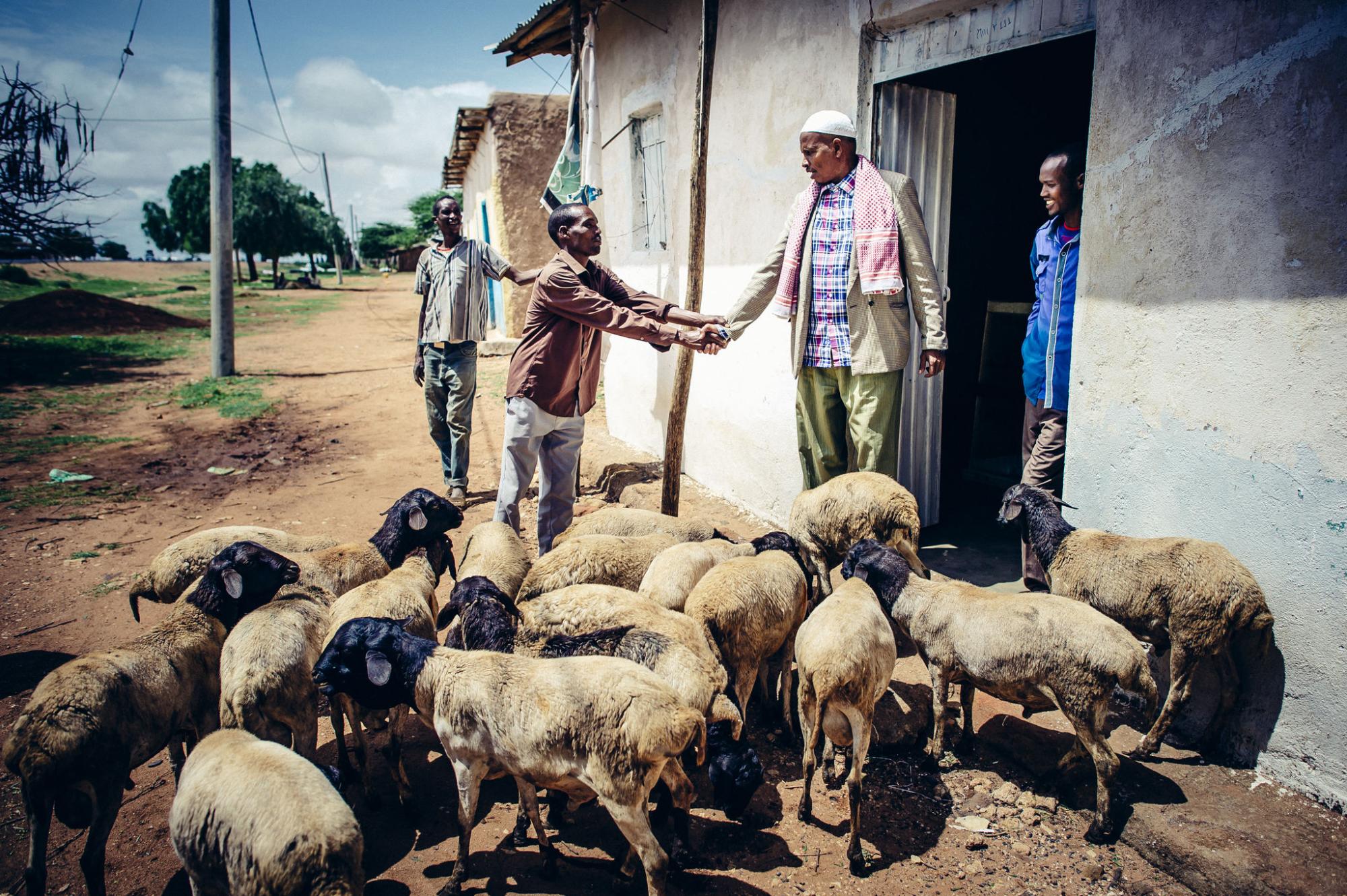
Understanding land dynamics and conflict
Understanding land dynamics is central to supporting drylands communities. SPARC looks at natural resource management in dryland regions, and particularly tenure and rangeland governance in pastoral areas, to improve programming and policy making. This includes looking at the causes and dynamics of conflict over natural resources.
Find out more about our research on ‘Land and conflict’ here and don't miss this video where Sarli Sardou Nana, SPARC researcher and Chair of SPARC partner the Fulbe Development and Cultural Organization (FUDECO) in Nigeria, discusses 'How can farmer-herder conflict be resolved?'
{"preview_thumbnail":"/sites/default/files/styles/video_embed_wysiwyg_preview/public/video_thumbnails/fvUhDthw1ms.jpg?itok=SoPLYrbW","video_url":"https://www.youtube.com/watch?v=fvUhDthw1ms","settings":{"responsive":true,"width":"854","height":"480","autoplay":true},"settings_summary":["Embedded Video (Responsive, autoplaying)."]}
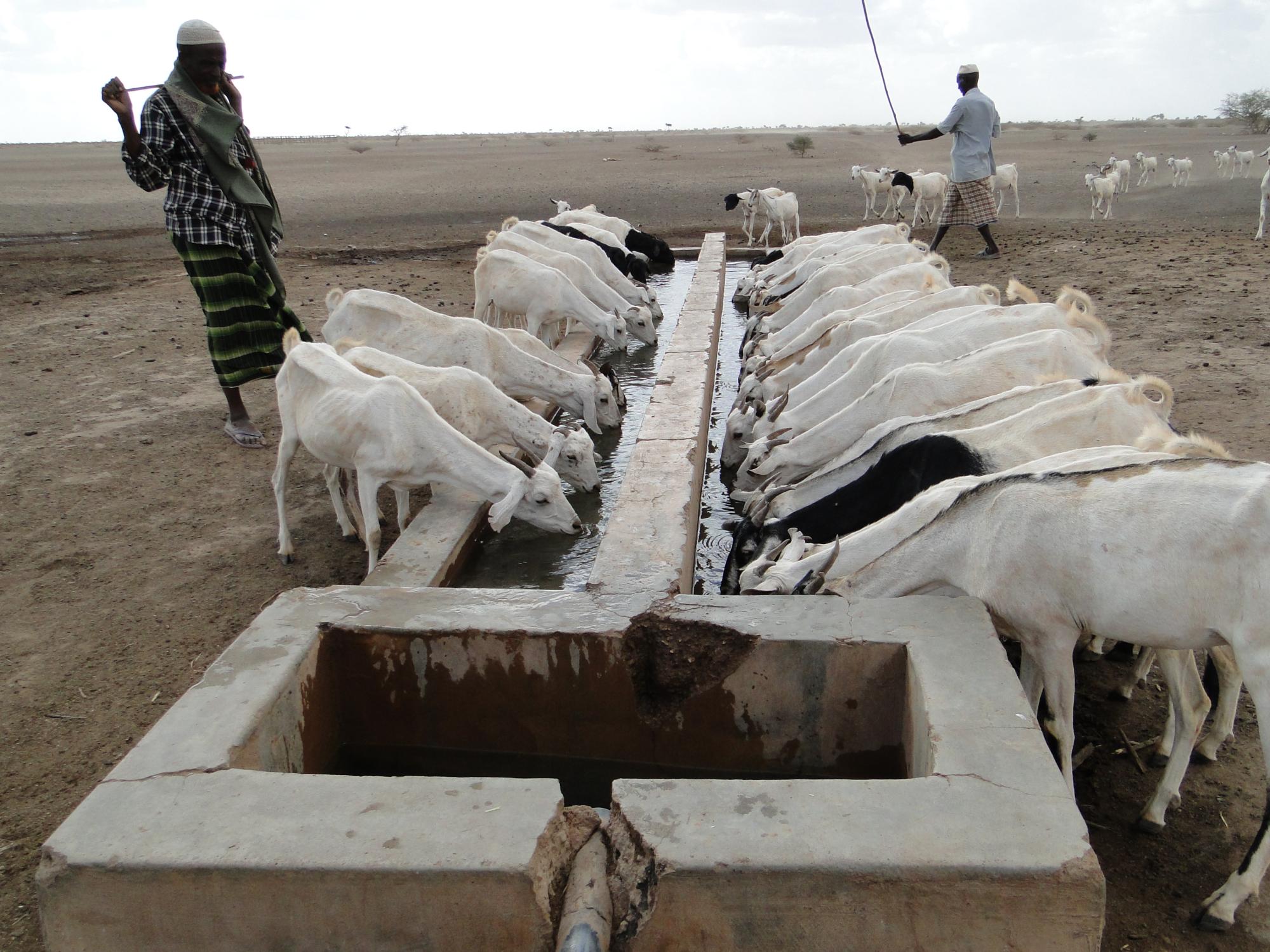
Promoting innovative solutions
Innovative approaches and solutions, including technological innovations, can play an important role in improving the lives and livelihoods of people living in the drylands. SPARC studies social technologies, digital services in relation to livelihoods, markets and land, and innovative approaches to governance in fragile and conflict-affected contexts, which often fly under the radar of investors.
Find out more about our research on innovations for resilience here, browse some key innovations in drylands on our Innovations Dashboard and watch this video where SPARC research consultant Alexis Teyie talks about how pastoralists are using digital technologies to support their livelihoods.
{"preview_thumbnail":"/sites/default/files/styles/video_embed_wysiwyg_preview/public/video_thumbnails/NHMFKD28Zmo.jpg?itok=HLOR0KrW","video_url":"https://youtu.be/NHMFKD28Zmo?si=vonGJTUjMaPSeHli","settings":{"responsive":false,"width":"854","height":"480","autoplay":false},"settings_summary":["Embedded Video (854x480)."]}
Working in a changing climate
Climate change is already posing increasingly intense disruptions to lives and livelihoods in the drylands of Africa and the Middle East - yet these areas often receive the least climate finance, despite having some of the world’s most climate-vulnerable people and households.
SPARC looks at how transboundary climate adaptation and mitigation risks can be managed in the drylands, and how to scale up climate action in fragile and conflict-affected areas.
Find out more about our research on climate change here and watch these two videos where SPARC Research Associates Manisha Gulati and Yue Cao discuss ‘Why climate finance is not reaching fragile and conflict-affected countries’, and SPARC Research Associate Sarah Opitz-Stapleton explores why ‘Transboundary climate risks are so important’.
{"preview_thumbnail":"/sites/default/files/styles/video_embed_wysiwyg_preview/public/video_thumbnails/stGBKtHAPzU.jpg?itok=cSvBjUK9","video_url":"https://youtu.be/stGBKtHAPzU","settings":{"responsive":true,"width":"854","height":"480","autoplay":true},"settings_summary":["Embedded Video (Responsive, autoplaying)."]}
{"preview_thumbnail":"/sites/default/files/styles/video_embed_wysiwyg_preview/public/video_thumbnails/fBsEM8bXRbg.jpg?itok=DsWbpaIw","video_url":"https://www.youtube.com/watch?v=fBsEM8bXRbg","settings":{"responsive":true,"width":"854","height":"480","autoplay":true},"settings_summary":["Embedded Video (Responsive, autoplaying)."]}
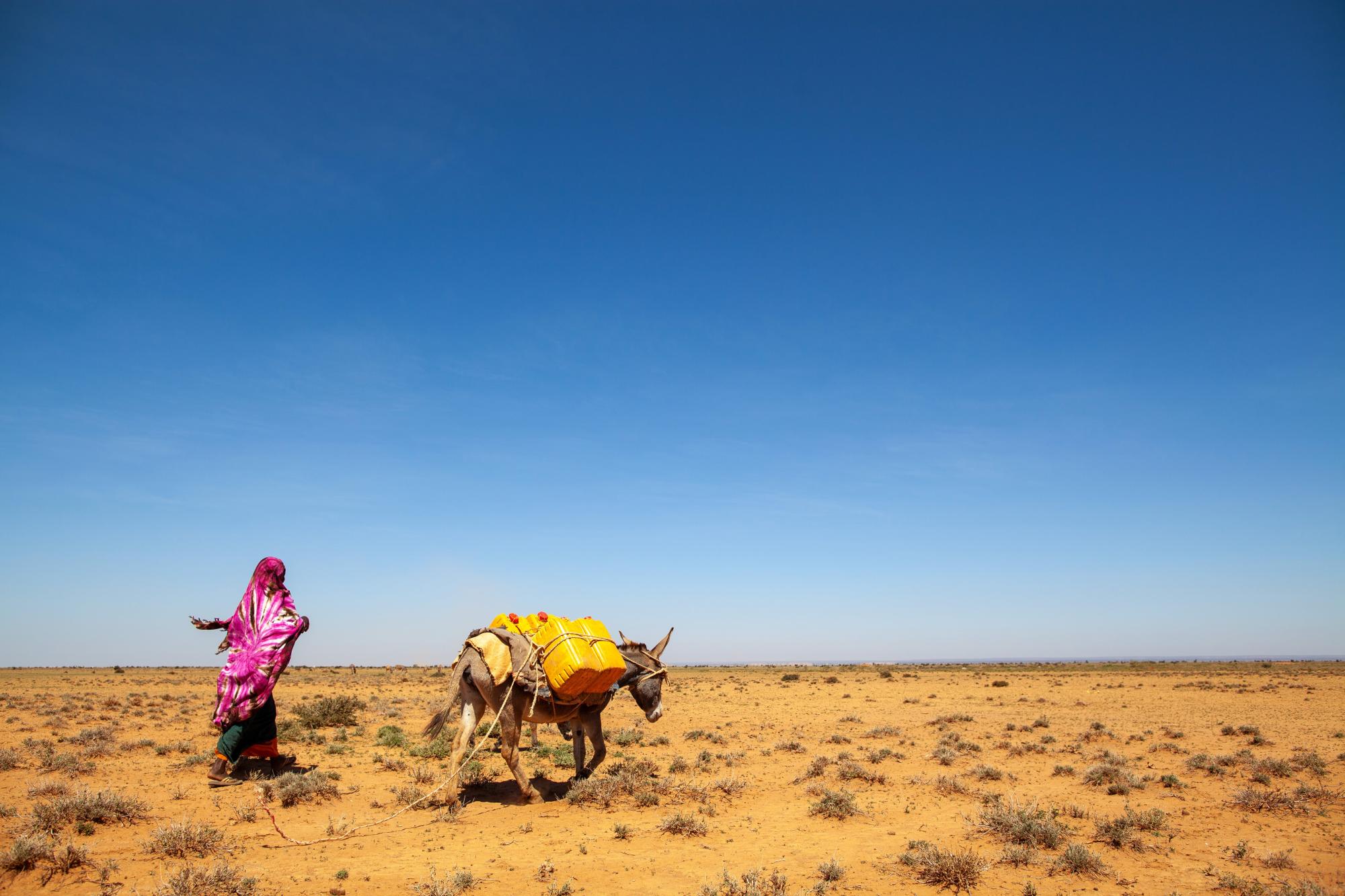
Looking at how gender and social dynamics impact lives and livelihoods
In the drylands of Africa and the Middle East, gender, age, ability, class, education, language and sexuality shape people’s lives, livelihoods and vulnerabilities in profound ways. SPARC research looks at how policies and investments can be designed to take into account these dynamics so that they do not reinforce existing inequalities and the marginalisation of particular groups.
Find out more about our research on gender and social dynamics here.
Don't miss this video where, through our partnership with the International Development Research Centre (IDRC), Kenyatta University, the Fulbe Cultural and Development Organization (FUDECO) and the Centre for Population and Environmental Development (CPED), we are working with women, communities and policymakers in the drylands of Nigeria and South Sudan to drive research into action.
{"preview_thumbnail":"/sites/default/files/styles/video_embed_wysiwyg_preview/public/video_thumbnails/dnWi6FYIhdg.jpg?itok=2jGPYH5a","video_url":"https://www.youtube.com/watch?v=dnWi6FYIhdg","settings":{"responsive":1,"width":"854","height":"480","autoplay":1},"settings_summary":["Embedded Video (Responsive, autoplaying)."]}
